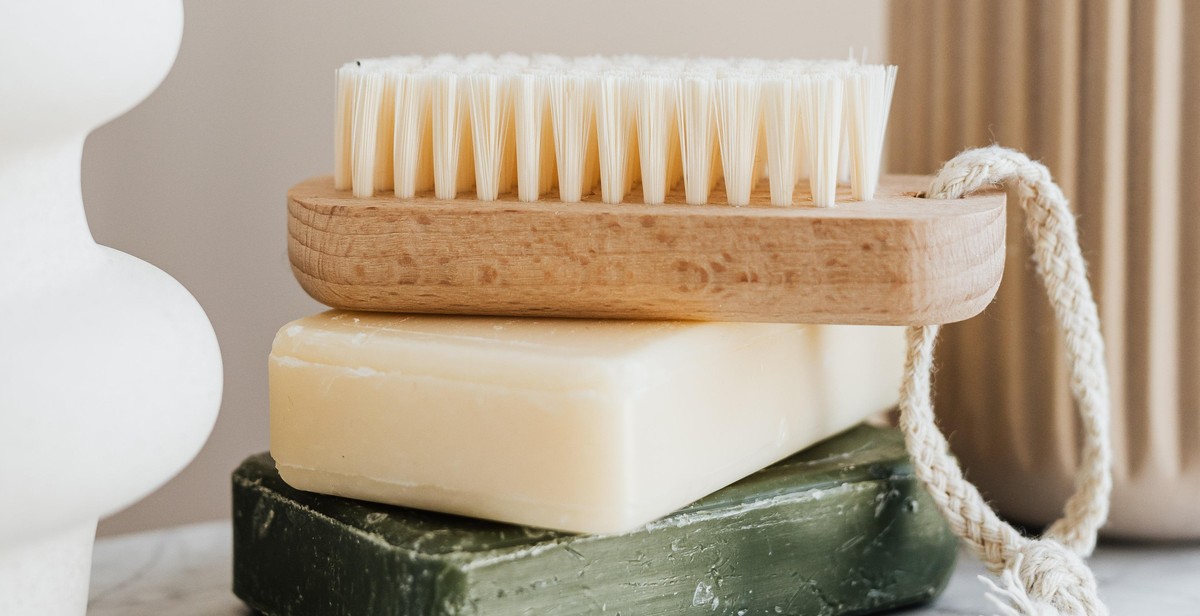The Benefits of Using Sustainable and Ethical Bedding Brands
As people become more conscious about the impact of their choices on the environment and society, sustainable and ethical bedding brands are gaining popularity. These brands prioritize the use of eco-friendly materials, fair labor practices, and ethical sourcing of raw materials.
What are Sustainable and Ethical Bedding Brands?
Sustainable bedding brands are those that use environmentally friendly materials and manufacturing processes to reduce their carbon footprint. These materials may include organic cotton, bamboo, or other natural fibers that are grown without the use of harmful chemicals or pesticides. Ethical bedding brands, on the other hand, prioritize fair labor practices and ethical sourcing of raw materials. This means that they work with suppliers and manufacturers who treat their workers fairly and ensure that they are paid a living wage.
Together, sustainable and ethical bedding brands offer a better alternative to traditional bedding brands that may prioritize profits over social and environmental responsibility. By choosing sustainable and ethical bedding brands, you can make a positive impact on the environment and society while still enjoying a good night’s sleep.
In this article, we will explore the benefits of using sustainable and ethical bedding brands in more detail, including their impact on the environment, society, and your overall health and well-being.

Benefits of using sustainable and ethical bedding brands
As consumers become more conscious about the impact of their purchases on the environment and society, sustainable and ethical bedding brands have gained popularity. These brands prioritize the use of eco-friendly materials and fair labor practices to create products that are better for the environment, healthier for consumers, and support fair labor practices. Here are some of the benefits of using sustainable and ethical bedding brands:
Better for the environment
Sustainable bedding brands use materials that are grown and processed with minimal impact on the environment. For example, organic cotton is grown without the use of harmful pesticides and synthetic fertilizers, which reduces the amount of pollution in soil and water. Brands also use materials such as bamboo, linen, and Tencel, which require less water and energy to produce compared to traditional cotton. Additionally, sustainable bedding brands use eco-friendly dyes and finishes that are free of harmful chemicals.
Healthier for you
Conventional bedding materials are often treated with chemicals such as formaldehyde, flame retardants, and pesticides, which can be harmful to human health. Sustainable and ethical bedding brands use natural materials that are free of these chemicals, making them safer for consumers. For example, organic cotton is hypoallergenic, breathable, and soft, making it ideal for people with sensitive skin. Bamboo and Tencel are also hypoallergenic and moisture-wicking, which helps regulate body temperature and prevent the growth of bacteria and mold.
Fair labor practices
Sustainable and ethical bedding brands prioritize fair labor practices, ensuring that workers are treated ethically and paid fairly for their work. These brands often partner with certified factories that provide safe working conditions and fair wages. By supporting ethical and sustainable brands, consumers can help promote fair labor practices and discourage exploitative practices in the textile industry.
High-quality materials
Sustainable and ethical bedding brands use high-quality materials that are durable and long-lasting. These materials are often more expensive than conventional materials, but they are worth the investment in the long run. Brands such as Coyuchi, Boll & Branch, and Parachute use materials such as organic cotton, linen, and Tencel to create bedding that is soft, comfortable, and long-lasting. By investing in high-quality bedding, consumers can save money in the long run by avoiding the need to replace bedding frequently.
Overall, using sustainable and ethical bedding brands has numerous benefits for both consumers and the environment. These brands prioritize the use of eco-friendly materials and fair labor practices, creating products that are better for the environment, healthier for consumers, and support fair labor practices. By supporting these brands, consumers can make a positive impact on the world while enjoying high-quality, comfortable bedding.

How to choose sustainable and ethical bedding brands
With the increasing awareness of the impact of our daily choices on the environment, it is essential to make conscious decisions when it comes to purchasing bedding. Here are some tips on how to choose sustainable and ethical bedding brands:
1. Look for certifications
One of the easiest ways to identify sustainable and ethical bedding brands is to look for certifications. These certifications provide assurance that the brand is committed to sustainable and ethical practices. Some of the certifications to look out for include:
- Global Organic Textile Standard (GOTS): This certification ensures that the cotton used in the bedding is grown without the use of harmful chemicals and that the entire production process is environmentally and socially responsible.
- OEKO-TEX Standard 100: This certification guarantees that the bedding is free of harmful substances and chemicals.
- Forest Stewardship Council (FSC): This certification ensures that the wood used in the production of bedding is sourced from responsibly managed forests.
2. Research the brand
Before making a purchase, it is important to research the brand to ensure that they are committed to sustainable and ethical practices. Look for information on their website about their production process, materials used, and policies on social and environmental responsibility. You can also check third-party websites and forums for reviews and feedback from other customers.
3. Consider the materials
The materials used in the production of bedding can have a significant impact on the environment. Look for brands that use sustainable materials such as organic cotton, bamboo, linen, and Tencel. These materials are grown without the use of harmful chemicals and are biodegradable. Avoid brands that use synthetic materials such as polyester and nylon, which are not biodegradable and contribute to pollution.
| Certification | What it means |
|---|---|
| GOTS | Cotton used in the bedding is grown without the use of harmful chemicals and the entire production process is environmentally and socially responsible. |
| OEKO-TEX Standard 100 | The bedding is free of harmful substances and chemicals. |
| FSC | The wood used in the production of bedding is sourced from responsibly managed forests. |
By following these tips, you can choose sustainable and ethical bedding brands that align with your values and contribute to a healthier planet.

Conclusion
Switching to sustainable and ethical bedding brands can have a significant impact on your health, the environment, and the workers involved in the production of these products. By choosing bedding made from organic and natural materials, you can reduce your exposure to harmful chemicals and enjoy a more restful sleep.
Moreover, supporting ethical bedding brands means supporting fair labor practices and reducing the exploitation of workers in the industry. This creates a ripple effect that promotes sustainable and responsible production practices.
When looking for sustainable bedding brands, it is essential to consider their certifications and transparency in their production processes. Brands that prioritize sustainability and ethical practices will often have third-party certifications such as GOTS and Fair Trade.
Investing in sustainable and ethical bedding brands not only benefits you but also contributes to a more sustainable and just world. By making conscious choices in our consumption habits, we can create a positive impact on the environment and society.
So next time you’re in the market for new bedding, consider choosing a sustainable and ethical brand. Your sleep, health, and the planet will thank you for it.
